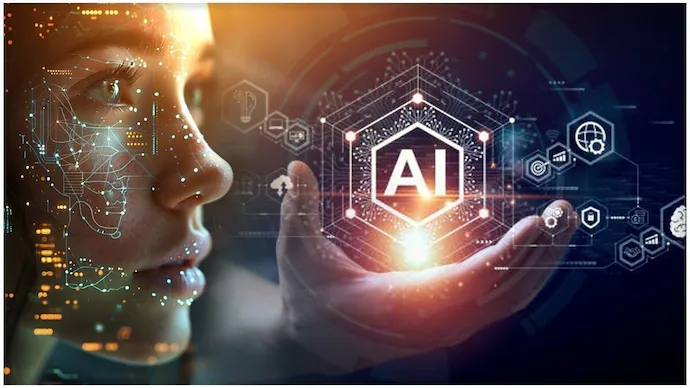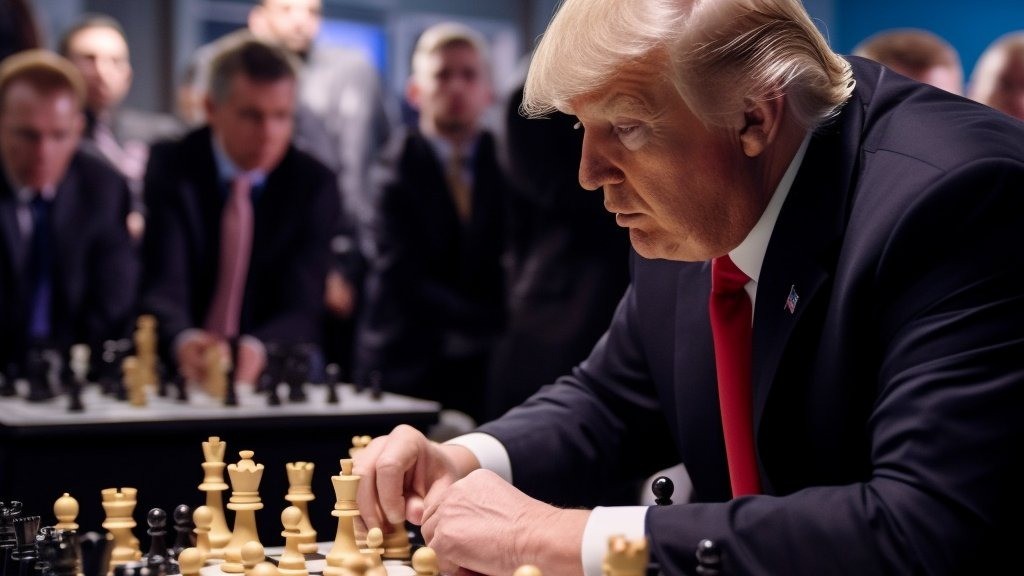Introduction
The world is undergoing a profound transformation where data, celebrity culture, and politics converge into a single ecosystem of influence. Artificial intelligence dictates communication, social media fuels activism, and public figures command attention that rivals world leaders. This intricate network of digital power has created an age where visibility is authority and information is currency.
From tech entrepreneurs shaping innovation policy to celebrities advocating for climate action and politicians leveraging AI for governance, the lines between sectors have dissolved. What emerges is a complex reality in which influence is earned not by position, but by connectivity—and the ability to shape narratives across platforms and borders.
The Digital Governance Era
Artificial intelligence has become the silent engine behind modern governance. Governments rely on predictive analytics to forecast economic trends, monitor climate data, and even anticipate social unrest. Nations that master these technologies lead global innovation, while others risk being left behind in the race for data supremacy.
Yet, the growing dependence on algorithms raises critical concerns about transparency and ethics. When machine intelligence begins shaping public policy, questions arise about accountability. The future of democracy depends not only on the intelligence of machines but on the wisdom of those who program them.
Celebrities as Global Advocates
In this connected age, celebrities have evolved into diplomats of digital diplomacy. Their reach often surpasses traditional media, enabling them to raise awareness about issues like gender equality, refugee rights, and artificial intelligence ethics. Figures like Zendaya, Malala Yousafzai, and Elon Musk embody this shift—where fame intersects with purpose.
This democratization of advocacy empowers individuals to mobilize millions instantly. Yet it also exposes society to performative activism, where the spectacle of support can overshadow genuine reform. Still, the fusion of visibility and responsibility continues to redefine leadership beyond borders and institutions.
AI and the Architecture of Influence
Artificial intelligence no longer just automates—it persuades. Recommendation systems, sentiment analysis, and behavioral targeting shape how billions of people perceive the world. The global narrative is increasingly curated by unseen algorithms that decide which information deserves attention and which voices fade into silence.
Tech companies have become the architects of modern reality, designing the algorithms that guide public consciousness. This influence extends into elections, cultural trends, and even international relations. The invisible power of AI now rivals traditional media in defining what societies believe to be true.
Politics and the Crisis of Authenticity
Political leaders are now forced to perform as much as they govern. In a world where image dominates substance, authenticity has become the rarest political commodity. The digital age has made transparency mandatory, yet it has also turned leadership into a spectacle of perception management.
From live-streamed campaigns to AI-assisted speechwriting, politics has merged with entertainment. The same algorithms that amplify celebrity influence also shape political engagement. This transformation challenges citizens to distinguish sincerity from strategy, truth from trend.
The Global Media Revolution
The boundaries of media have collapsed. Journalism competes with influencers, governments with content creators, and truth with virality. This new media order allows marginalized voices to rise—but it also empowers misinformation. Every tweet, post, and video has the potential to influence policy or ignite conflict.
In this landscape, information becomes both a weapon and a shield. Nations are now waging battles through narratives, using digital media to win hearts, minds, and markets. Control over storytelling has become a measure of national power in the digital century.
FAQs
How does AI influence global power structures?
AI shapes economies, military capabilities, and public opinion by enabling predictive decision-making and large-scale communication control.
Why do celebrities have such strong global influence?
Because digital platforms allow them to reach audiences directly, bypassing institutions and connecting emotionally with millions.
Is social media helping or hurting democracy?
Both—it empowers free speech but also amplifies misinformation and polarization.
How is politics adapting to digital transformation?
Leaders now rely on AI, social analytics, and digital strategies to engage voters and shape policies in real time.
Can societies regulate algorithmic influence?
Only through global cooperation, ethical AI design, and transparent governance frameworks.
Conclusion
The digital revolution has erased the boundaries between power, fame, and governance. Technology now dictates how societies think, celebrities steer what they care about, and politicians adapt to maintain relevance. Together, they form an intricate ecosystem where influence is shared, contested, and constantly evolving.
The true challenge of this era will be ensuring that technology serves humanity rather than manipulating it. The future of global influence will depend on leaders—both digital and political—who understand that innovation must walk hand in hand with integrity and human empathy.



